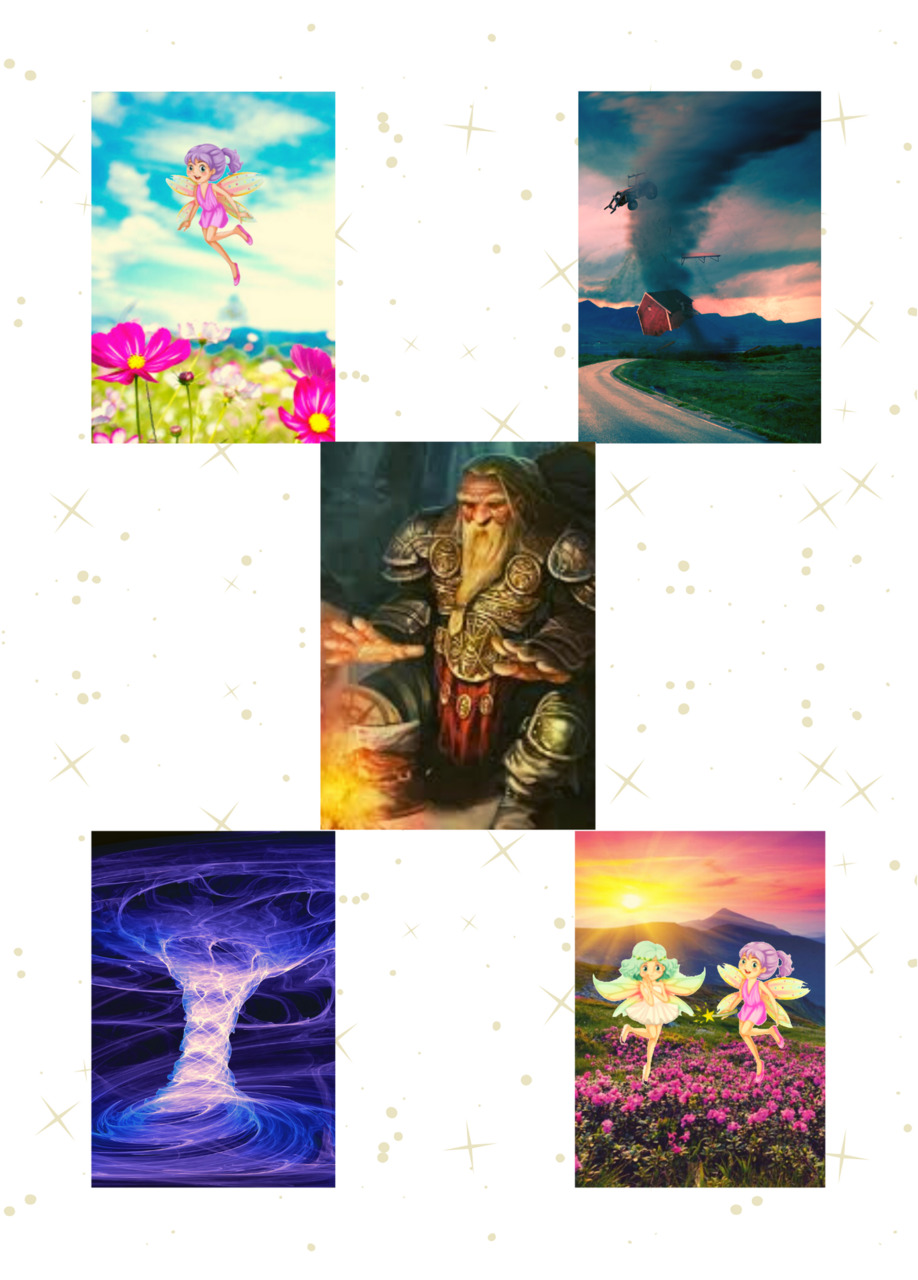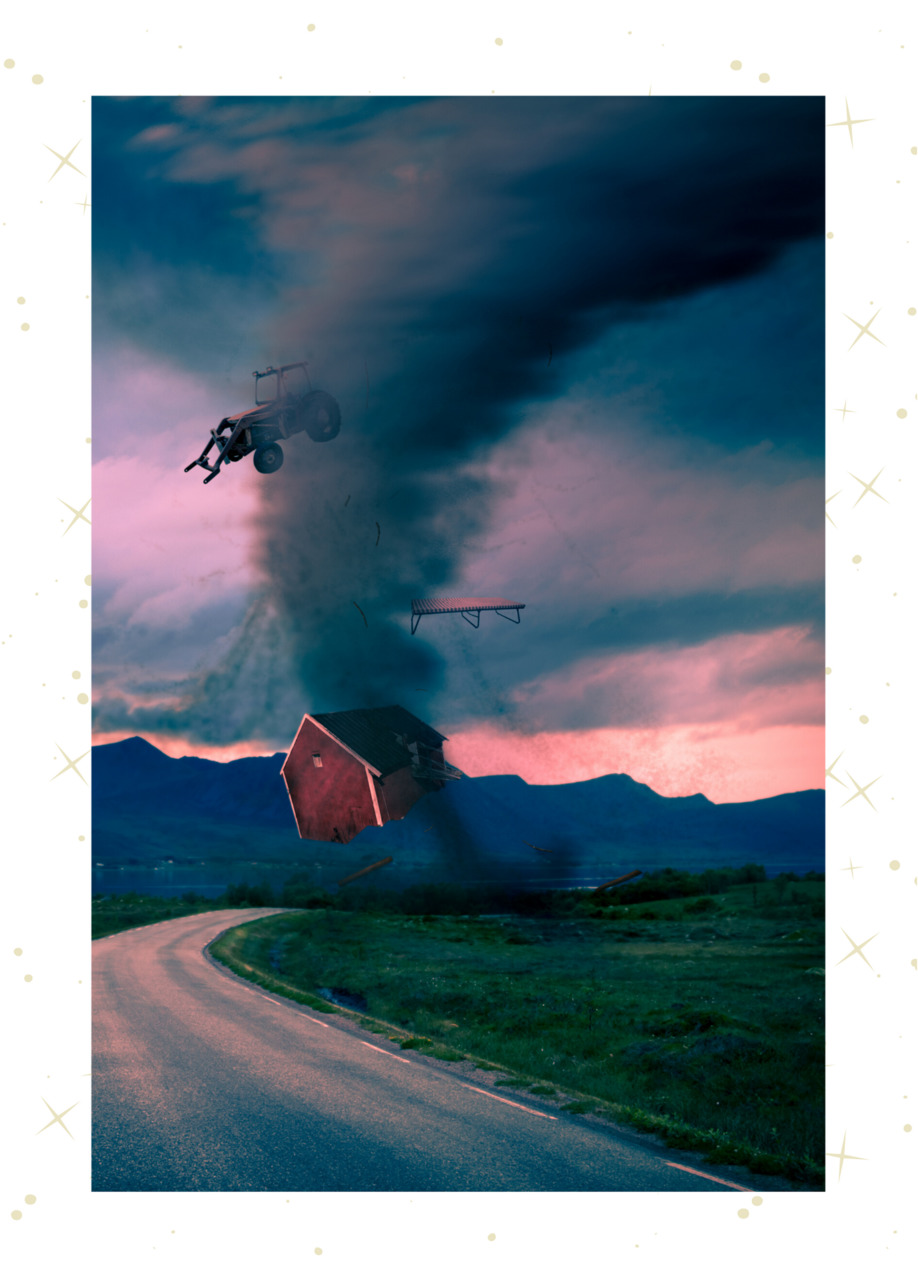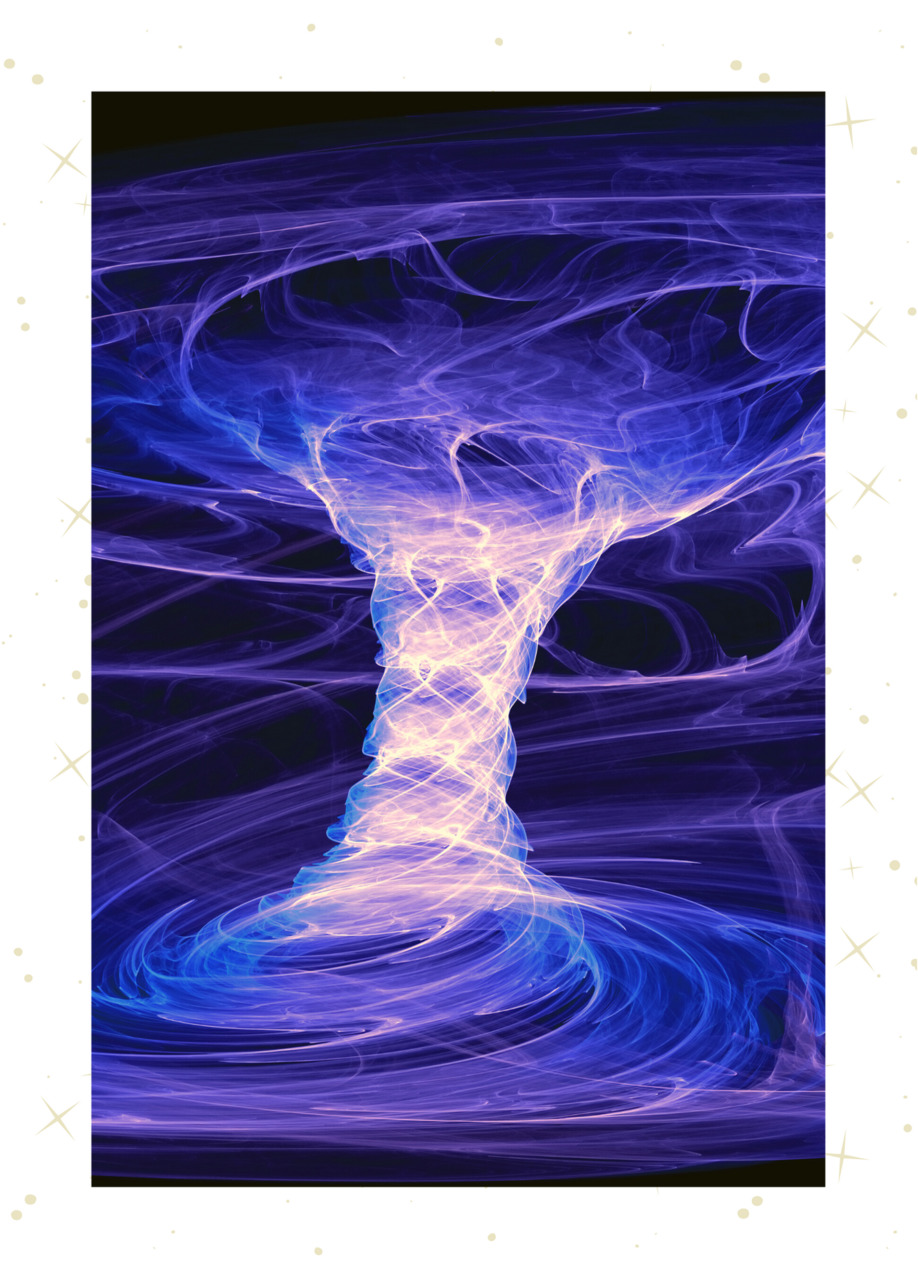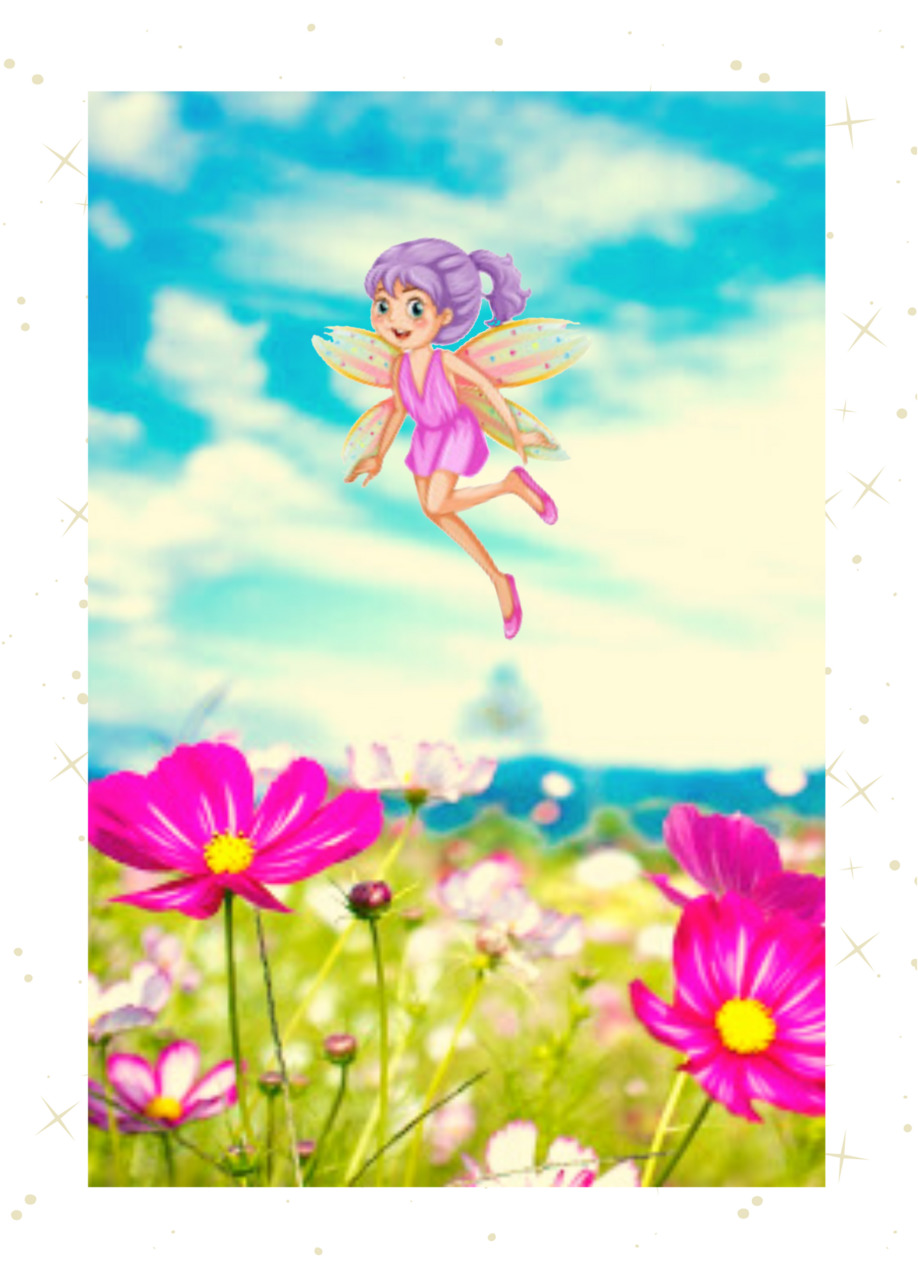
Бесплатный фрагмент - Comparative typology of English and Spanish. Adapted fairy tale for translation and retelling
Book 2
Copyright
Copying the methodology in order to use this book for writing a manuscript of a study guide, namely: filing foreign / Russian words in brackets or over their corresponding Russian / foreign equivalents, marking up sentences with special notation as shown in this study guide; reprinting, reproduction by electronic means or by any other means of the entire book or any part of it is allowed only with the written permission of the author.
Annotation
The book consists of an exercise to translate a fairy tale, adapted according to the methodology © Linguistic Reanimator, from English into Spanish; and of 2 exercises for retelling of non-adapted Spanish and English versions of the same tale. Exercise 1 and 2 have the key. The tale contains 899 English / Spanish words. By complexity, it corresponds to levels B1 — B2. It is recommended for a wide range of people studying English and Spanish, as well as for native English speakers studying Spanish.
The number of words you need to know for the following purposes of using a foreign language
For “survival” in the environment without a translator — 120
For daily communication on general topics — 2000
For reading simple texts of general subjects — 4,000 — 5,000
Reading difficult texts — 10,000
Native Speaker Level — 10,000 — 20,000
From the author
This book can be used as a tutorial. If you need additional consultations or classes, you can contact me. Consultations / classes in person or via Skype are possible.
My contact details
Tel 8 925 184 37 07
Skype: oliva-morales
E-mail: oliva-morales@mail.ru
Sites:
Respectfully,
Tatiana Oliva Morales
About the © Linguistic Reanimator series
All the English and Spanish language © Linguistic Reanimator Series books can significantly reduce the training period of a foreign language course and improve the quality of learning of new words and normative grammar by a student.
Their advantage is foreign words and (sometimes) transcription in brackets next to the word in a sentence. Using this technique, a student never studied English / Spanish before, having no vocabulary, can begin translating from Russian into English / Spanish, from Spanish into English or from English into Spanish.
The technique allows you to learn new English / Spanish words and phrases easily, and quickly; improving the skills of correct translation into a foreign language.
All the © Linguistic Reanimator Series books have been written for “my difficult students”, for those who needed to obtain a large amount of high-quality knowledge in a short period of time. The latter is the aim of all the textbooks of this series.
About the © Comparative typology of English and Spanish series
The © Comparative typology of English and Spanish series books are recommended for English and Spanish teachers or lecturers; for pupils, students, as well as for a wide range of people, learning Spanish and English languages at school, university or independently, as well as for native English speakers studying Spanish.
Announcement of illustrations

Highlighting
… — there should be a definite or indefinite article in this place.
! — you should consider what preposition should be in front of the next group of words.
* — irregular verb.
we (nosotros) — English word / its Spanish equivalent.
you (Usted) 2.read (leer) 1.it (lo) — the numbers in front of the words mean their order in the sentence.
your (-) — this word does not need to be translated into Spanish.
white houses (casa.. blanco..) — you should change gender and / or number of the words.
had gone (go..) — you should change the verb form.
Exercise 1
Translate the fairy tale into Spanish.
Elves Valley
Alice (Alicia) lived (vivir) in (en) a small house (… pequeña casa) on (en) the outskirts (… afueras) of (de) the village (… pueblo).
Although (aunque) her (sus) parents (padres) worked (trabajar) in (en) the field (… campo) from morning till night (desde la mañana hasta la noche), they led (llevar) modest and poor lifes (vidas modestas y pobres).
Certainly (ciertamente), how (como ser.. posible) to get rich (hacerse ricos) under such circumstances (en tales circunstancias).
Strong hurricanes (fuerte.. huracan..) often (a menudo) happened (ocurrir) there (allí), they spoiled (estropear) and (y) destroyed (destruir) crops (los cultivos).
And one day (un día), when (cuando) father and mother (los padres) had gone (ir) to (a) work (trabajar), heavy clouds (nube.. oscuro..) brooded over the house (cubrir.. la casa),
lightning flashed (centellear.. relámpagos), a strong hail started (comenzar.. un fuerte granizo), and then (luego) the wind broke out (estallar.. el viento).
It was of such a force (ser.. de tal fuerza) that (que) it began (empezar) to (a) demolish (demoler) all the (todos los) buildings (edificio..) around (a su alrededor), to smash the boats into pieces (a convertir en astillas los barcos) at (en) the nearest marina (… muelle local).
Alice was very scared (estar muy asustado..), she climbed (subirse) onto (a) her (-) bed (la cama) and pulled cover over her head (cubrirse.. de cabeza con la manta).
That way (de esa manera) she had been sitting (sentarse) until (hasta que) she felt (sentir) that (que) the house (… casa) was got off the ground (despegarse) and carried (llevarse) in an unknown direction (en una dirección desconocida).

The girl (… niña) ran up (correr) to (a) the window (… ventana) and looked down (mirar.. hacia abajo) — they had already passed (ya sobrevolar.. a través de) her (su) native village (pueblo natal), flew across (-) a lake (… lago), mountains (montañas), some (alguna) city (ciudad).
And then (entonces) everything (todo) began (comenzar) to (a) spin (girar) and disappeared (desaparecer) before her eyes (ante sus ojos).

When (cuando) Alice woke up (despertarse), she realized (darse.. cuenta de) that (que) the house did not fly (no volar) anywhere (a ningún lado).
She got up (levantarse) and looked out of (mirar.. por) the window (… ventana).
In front of her (frente a ella) there was (haber) a sunny lawn (… césped soleado) dotted (salpicado) with (con) different flowers (diferente.. flor..).
The butterflies (… mariposa..) were flying (volar) and the birds (… pájaro..) were singing (cantar) there (allí), so (así que) the girl left (salir de) the house and went (ir) to (a) look around (mirar a su alrededor).
She walked (caminar) a little (un poco), picked flowers (recoger.. flores), twisted a wreath from them (trenzar.. una guirnalda), lay down (tumbarse) on (en) the grass (… hierba),
admiring (admirando) the azure cloudless sky (… cielo azul sin nubes), but (pero) suddenly (de repente) her eyes became round in surprise (por poco se desmayó de tal sorpresa) —
about a meter away (aproximadamente a un metro de ella) 2.some tiny creature (una criatura pequeña), similar to a girl with wings (similar a una niña con alas), 1. was hovering over her (flotar.. en el aire).
— Who are you (¿Quién ser..)? — Alice asked (preguntar).

— I’m (ser) Josephine (Josephine) from (de) the Elves Valley (del Valle de los Elfos). — said (decir) the creature with a friendly smile (con una sonrisa amistosa). — Nice to meet you (¡Encantada de conocerte)! Who are you, and where (de dónde) did you come (vienes) from (-)?
Alice introduced herself (presentarse) politely (cortésmente) and told (contar) her (su) sad story (triste historia).
Josephine listened carefully to her (la escuchar.. atentamente):
— What a sad story (¡Qué historia tan triste) — your mom and dad (tus padres) are probably (quizás) drown in their sorrow (sufrir.. una gran tragedia), they think (pensar) that (que) you no longer exist (ya no existir..).
I feel sorry for them (Lo siento por ellos).
But (pero) there is also (aquí también haber..) a bright side (… aspecto positivo) in this (-) — you are (estar) safe and sound (sana y salva), which means (lo que significar.. que) you can (poder*/ o -ue) return (regresar a) home (casa) if (si) you find (encontrar) the way there (el camino).
In the meantime (mientras tanto), I suggest you to get acquainted (sugerir* conocerse../ e — ie) with (con) our (nuestro) country (país) — Elves Valley (con Valle de los Elfos).
I really hope (realmente esperar..) you’ll like it here (que te gustar.. aquí).
However (sin embargo), you cannot (no poder*/ u -ue) go (ir) to us (a nosotros) like that (así) — you are (ser) too big (demasiado grande), you can spoil (estropear) our (nuestro..) flower fields (campo.. de flores).
It will be necessary (ser necesario) to reduce you (reducirte).
Now (ahora) I’m flying (volar) for (por) a magic wand (… varita mágica).
Soon (pronto), Josephine returned (regresar), as (como) she had promised (prometer), taking with her (llevando consigo) the magic wand (… varita mágica).
She waved it (lo agitar..), mumbled (murmurar) some spell (un hechizo) in (en) an incomprehensible language (algun idioma incomprensible), and Alice turned into (convertirse a) an elf girl (una elfa).
— Now (ahora), fly (volar*/ o — ue) after me (detrás de mí), but (pero) quietly (despacito), otherwise (de lo contrario) you will bump (golpearse) into something (con algo)! — Josie commanded cheerfully (Josie ordenó alegremente).
Бесплатный фрагмент закончился.
Купите книгу, чтобы продолжить чтение.
